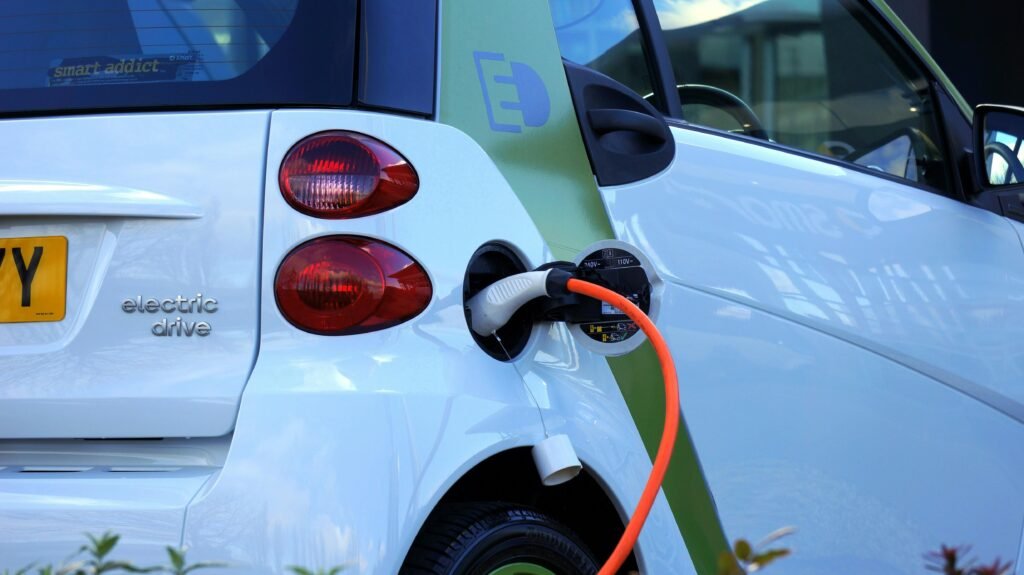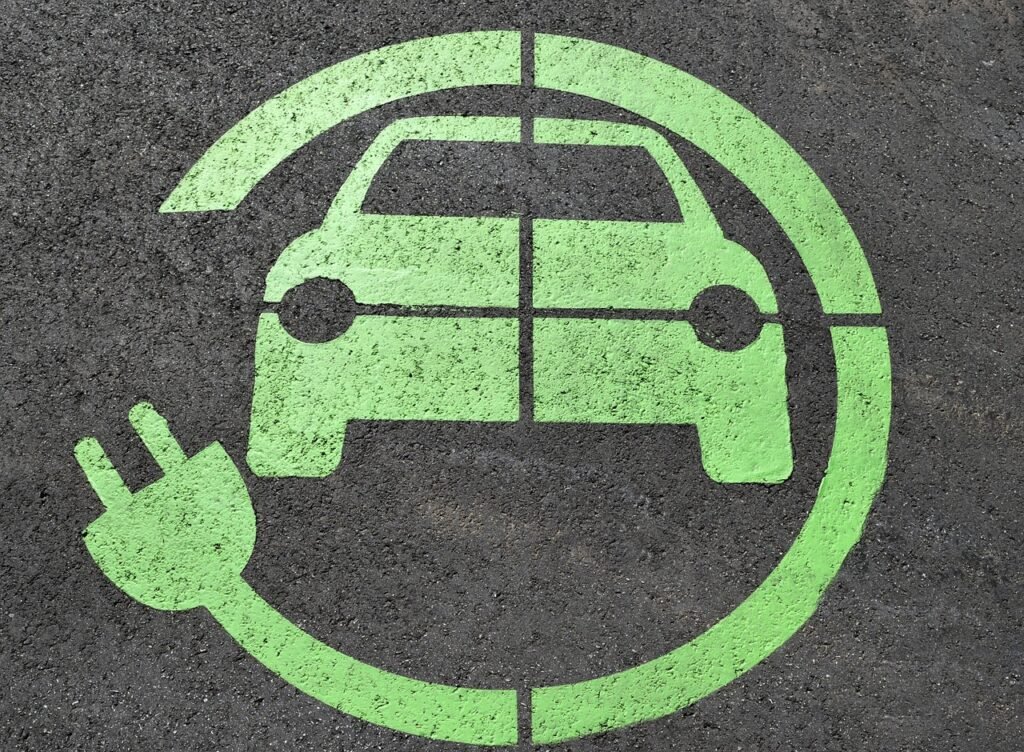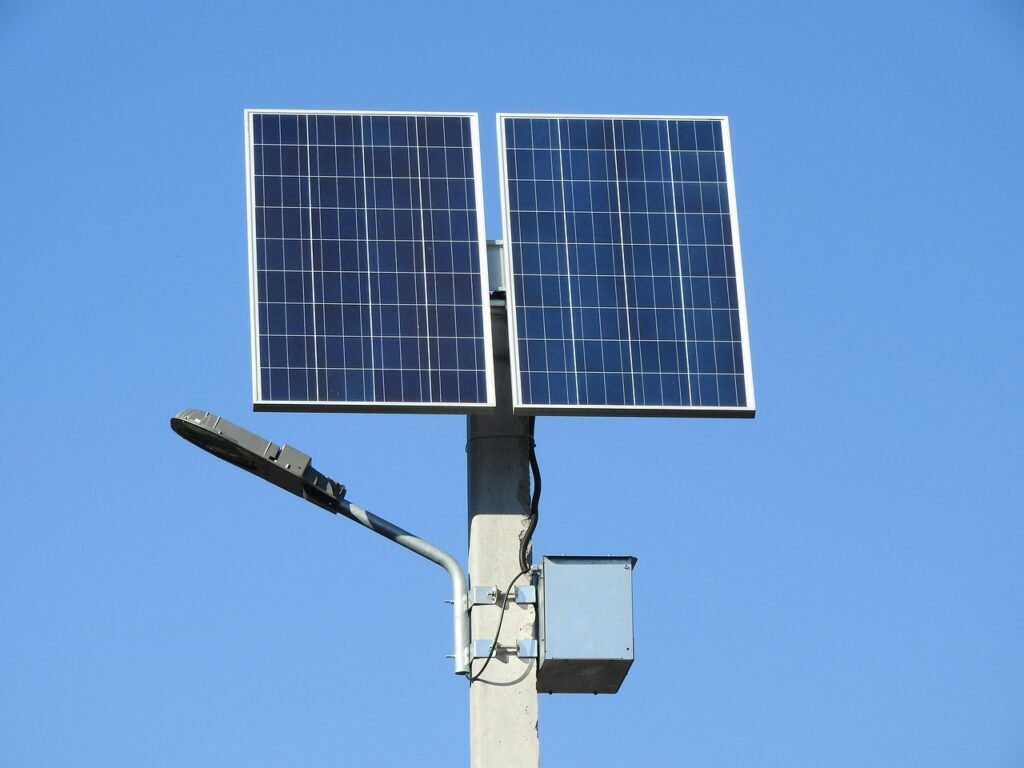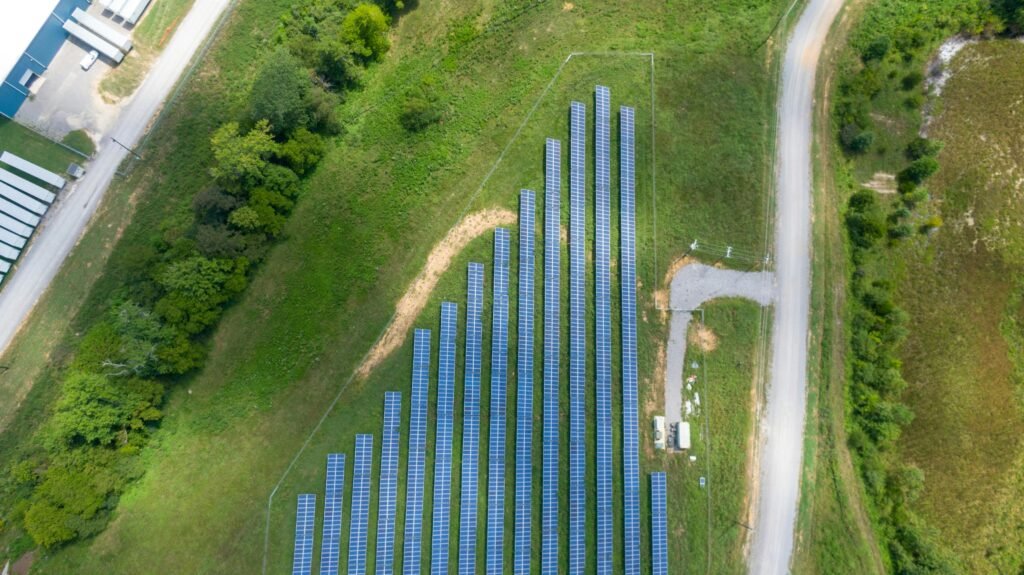CATL’s Lithium Mine in Yichun Suspended
Contemporary Amperex Technology Co. Limited (CATL), the world’s largest EV battery manufacturer, has halted operations at its Yichun lithium mine in Jiangxi province. The suspension took effect on August 9, 2025, when the company’s mining license for the Jinxiawo lithium mica project officially expired. CATL confirmed the shutdown on its investor platform, stating that mining has stopped and the company is currently applying for license renewal.

Why Was CATL’s Yichun Mine Shut Down?
The halt was not due to safety or technical issues, but rather regulatory and licensing procedures. Local authorities in Yichun had earlier required all lithium miners to submit verified reserve reports by September 30, 2025, as part of a wider crackdown on irregular approvals and illegal mining activities. This policy aims to tighten oversight of China’s “Lithium Capital” (Yichun) and ensure compliance with environmental and resource regulations.
The Importance of the Yichun Lithium Mine
The Jinxiawo mine, fully owned by CATL’s subsidiary Yichun Times New Energy Mining Co., is one of the largest lithium mica deposits in China, with estimated reserves of 775 million tons of ore. At full capacity, the mine could produce 20,000 tons of lithium carbonate annually, equivalent to 8–12% of China’s total monthly output.
This scale makes the mine strategically significant for CATL’s raw material security. A prolonged shutdown could tighten domestic lithium supply, impact lithium carbonate pricing, and put upward pressure on EV battery production costs.

Government and Industry Response
The Yichun Natural Resources Bureau has emphasized stricter oversight, requiring companies to verify reserves and comply with environmental standards. While CATL has applied for a renewal, the approval timeline remains uncertain.
Other lithium producers in Yichun, such as Ganfeng Lithium and Tianqi Lithium, have not announced shutdowns. However, the entire industry is closely watching the outcome, as similar regulatory checks could affect other operators.

CATL’s Strategy and Market Impact
CATL downplayed the immediate financial impact, noting that it has diversified supply sources and secured long-term procurement agreements. Nonetheless, analysts suggest the suspension could:
- Tighten lithium supply – reducing monthly production capacity in China.
- Boost lithium carbonate prices – as inventories shrink in the short term.
- Increase cost pressure on EV battery makers – though CATL’s scale may cushion the blow.
- Accelerate industry consolidation – forcing smaller, less compliant miners out of the market.
Interestingly, the Yichun mine’s cost of production is relatively high due to low ore grade, with estimates around $12,000–13,000 per ton of lithium carbonate equivalent, compared to current market prices. This means the suspension might also act as a natural “supply cut,” potentially stabilizing a weak lithium market.


